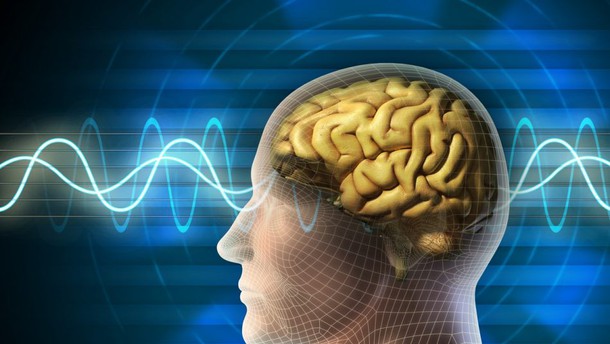
According to a new study performed by the Binghamton University in New York, brain waves could be used to verify a user's identity. Researchers observed the brain signals of 45 volunteers as they read a list of 75 acronyms, such as FBI and DVD. They recorded the brain's reaction using three electrodes (the smallest number still ensuring accurate readings), focusing on the part of the brain associated with reading and recognising words. Although participants' brainwaves showed a similar image for the same acronyms, their "brainprint" was different for each acronym, enough that a computer system was able to identify each volunteer with 94 percent accuracy.
The results were stable enough that the computer successfully repeated the identification even half year later. But this does not mean you will need electrodes to log in to your Gmail account, of course. Such level of security would, on the other hand, be very helpful in high-security physical locations, like the Pentagon or various high-security labs.



